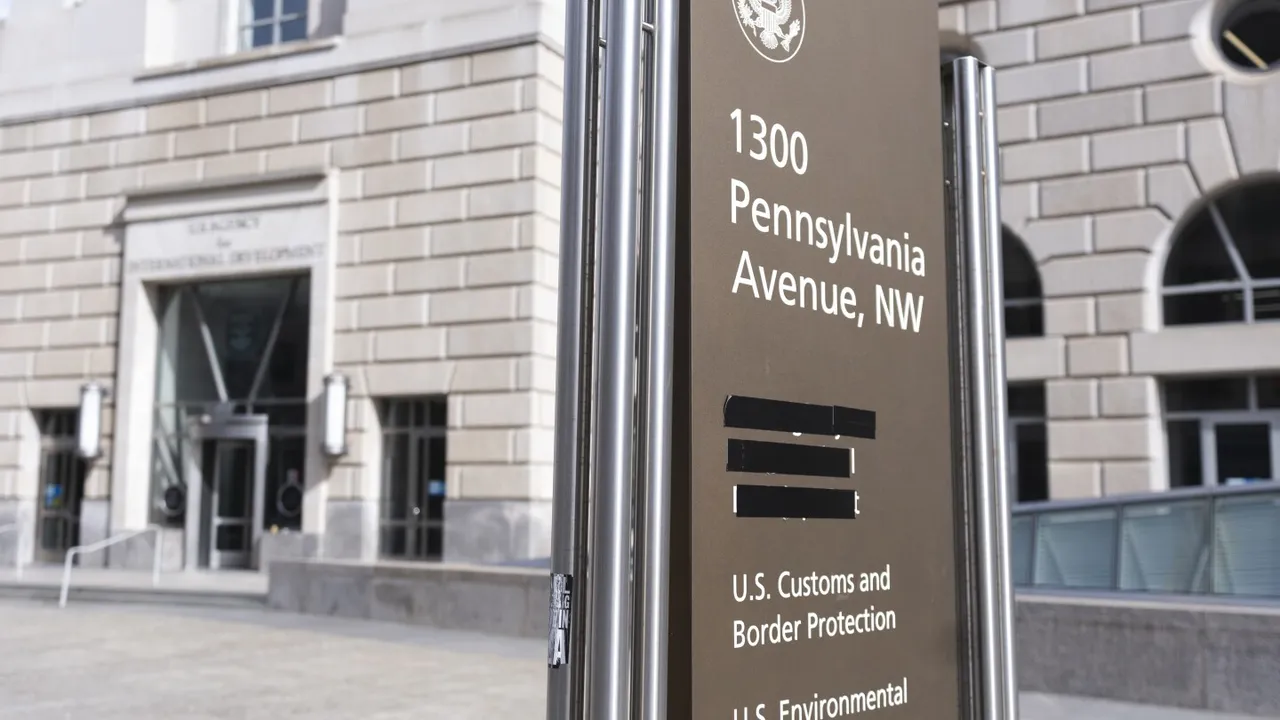
WASHINGTON (AP) — On Friday, the Trump administration initiated a significant reduction in the workforce of the U.S. Agency for International Development (USAID), impacting its operations globally. This decision led to most of the USAID staff being placed on forced leave, sparking legal actions from employees seeking to halt these drastic changes.
Federal workers' associations have filed a lawsuit against the administration, arguing that President Donald Trump does not possess the authority to dismantle an agency established by congressional legislation. On social media, Trump expressed his stance with a decisive “CLOSE IT DOWN” regarding USAID.
Amidst these developments, USAID premises in Washington displayed signs of closure, with its name covered and flags removed. Flowers placed at the entrance added to the somber atmosphere. USAID officials have raised concerns about the discontinuation of crucial life-saving programs, which they claim have not received waivers as suggested by Secretary of State Marco Rubio.
The Trump administration, in collaboration with billionaire ally Elon Musk, head of the Department of Government Efficiency, is focusing on significant budget cuts, with USAID being a primary target. On Thursday, the administration stated its intention to exempt 297 out of over 8,000 staff members from the global leave.
This number was later adjusted to 611 employees, confirmed by Justice Department lawyer Brett Shumate, to manage the logistics of staff returning from overseas locations.
While some vital programs continue, the permanence of these reductions remains uncertain. The administration has indicated a review of aid and development programs, potentially keeping some in operation under the State Department.
State Department employees anticipate possible significant staffing cuts following incentives offered for voluntary resignations, which are currently on hold pending further judicial review. Additionally, important USAID programs, like a $450 million food aid initiative and water supplies for Sudan's Darfur region, are at risk of discontinuation without appropriate funding.
The move to return overseas workers has been met with resistance, particularly among families affected by school withdrawals. Despite reassurances for travel support, the costs and logistics of such transitions concern many.
Finally, an emergency lawsuit by the American Foreign Service Association and the American Federation of Government Employees demands the reopening of USAID and resumption of its funding and employment, highlighting the potential adverse effects on U.S. interests and global humanitarian efforts.
Reporters Matthew Lee, Farnoush Amiri, and Lindsay Whitehurst of AP contributed to this comprehensive report.